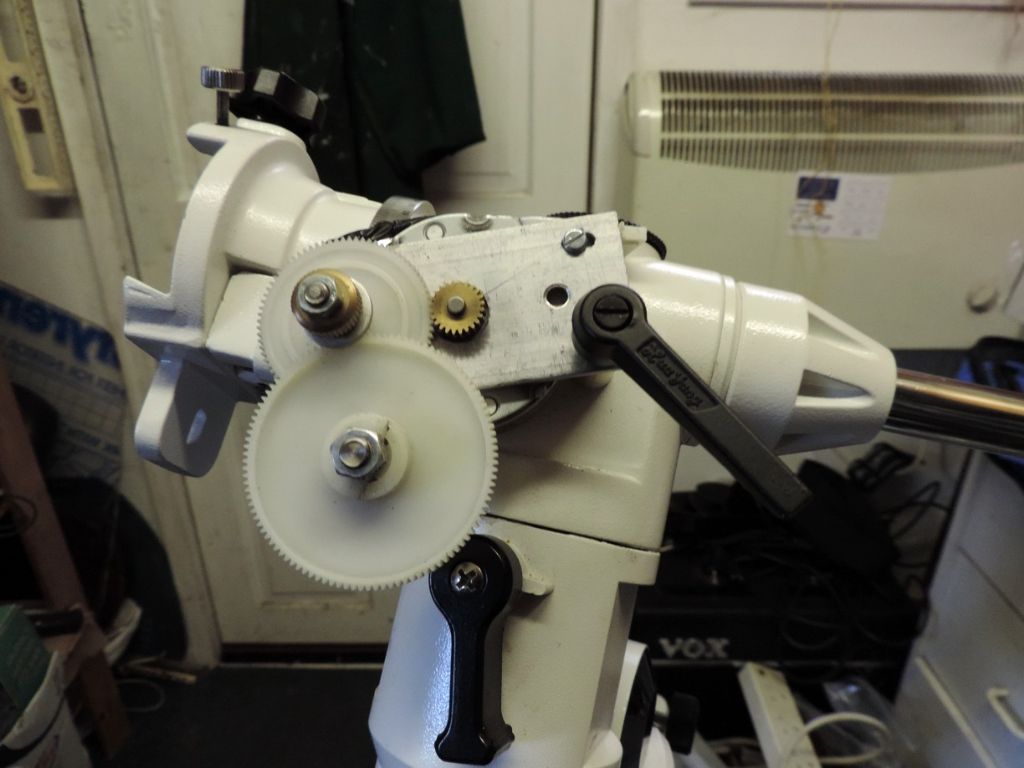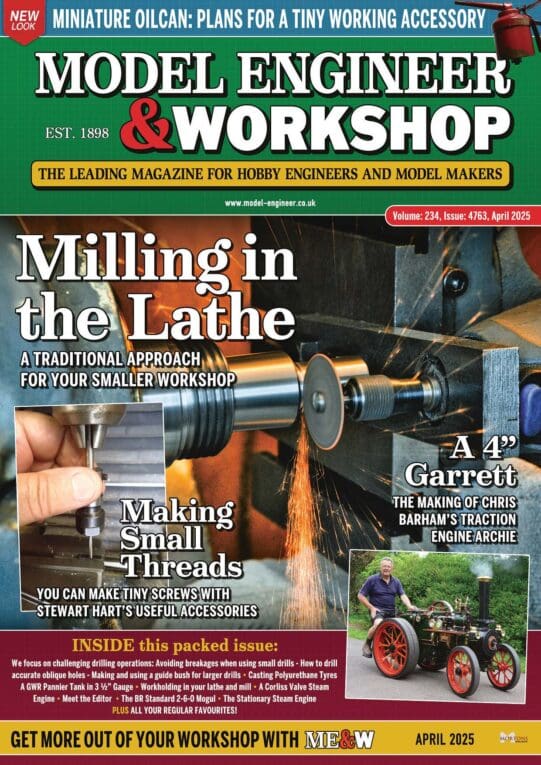I a sense you are right Bazyle, because once I have a box that can respond to the commands from a computer (there are a number of standards) all those functions and more become available. I still need to make the gubbins that go between motor and computer, and it's my aim to include at least a basic goto function in it so I don't need to have a computer with me.
My intention was to include the electronic part as this is an upgrade to an existing tracking setup. For a start, it requires a second motor.
My motivation is the frustration of trying to find things a few evenings ago when poor seeing made it difficult to star-hop, and my skills using the setting circles are poor. By the time I had my target centralised in the camera and the camera rotated for a decent framing, I took a test picture and it came out entirely blank.
But this also allows me to focus on other areas that may be of interest. I won't make an extended discussion of the software, for example, unless pressed to do so.
My starting point is an EQ3-2 mount fitted on an EQ5 tripod, fitted with my own gearbox for RA drive using a medium sized stepper motor. The reduction ratio is greater than normally used so the 'slew rate' is modest but the drive is smooth which matters more to me. I have a control box that allows solar, sidereal and lunar tracking rates and fast slewing at various different speeds. I also have a motor/gearbox combination for declination, but I haven't wired it up.
I plan to cover areas such as:
The choosing of gears and a gear ratio making of the simple plate-backed gearboxes. This should be of interest to anyone thinking of using a motor of any type to drive a relatively lightly loaded reduction gear train.
The use of a Polulu stepper driver board, and how to calculate the appropriate drive rates for different output speeds.
My method of designing and making printed circuit boards.
Making a case that is both robust and practical and suitable for mounting directly on the tripod.
Dismantling and regreasing the mount.
Making a practical and usable handset.
Making a stepper driven focuser.
Making a portable 'power pack' with outputs suitable for driving other accessories (such as dew heaters).
I will also looks at thing such as casing the gearboxes – this would be an ideal task for a 3-printer, I may resort to plastic card or sheet metal, or I may try producingan STL file then leaning on someone with a printer 
My initial aim is to simply be able to centre a 'known object' and then enter its co-ordinates. I can then either enter a differential move or an absolute move to take me to another object. I shall make the electronic hardware so communication with a computer so I can access other functions through 'Stellarium' or a similar program. I will also include an interface to allow an 'autoguider' to be plugged in and allow more accurate tracking.
Neil
 Neil Wyatt.
Neil Wyatt.





